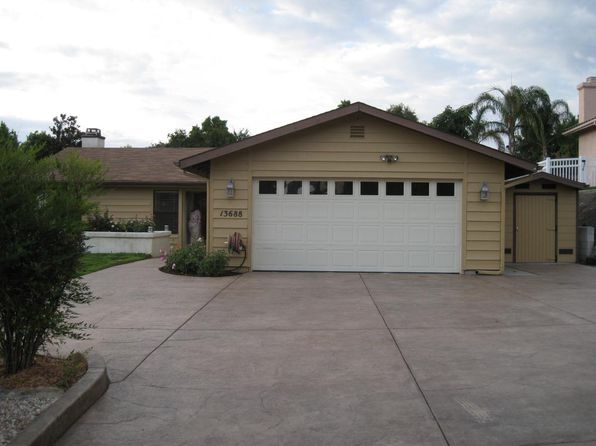How To Use Concrete For Residential Buildings In Lakeside Ca?

1. Choose the Right Type of Concrete
The first step in utilizing concrete in residential construction is selecting the right type. Different applications within a home may require specific types of concrete, such as high-strength, lightweight, or decorative concrete. Understanding the structural needs and visual aesthetics of the project can lead to a more informed decision.
- High-Strength Concrete: Suitable for foundations and load-bearing walls.
- Lightweight Concrete: Ideal for non-structural elements like partitions.
- Decorative Concrete: Used for flooring or façade to add a visual appeal.
2. Consider Energy Efficiency
Energy efficiency is vital for modern homes, and concrete can play a significant role in achieving this goal. Here’s how:
- Insulated Concrete Forms (ICF): These are a popular choice for energy-efficient building. ICFs consist of two insulated faces with a concrete core, providing outstanding thermal insulation.
- Thermal Mass: Concrete’s ability to absorb and retain heat can be leveraged to enhance energy efficiency, reducing heating and cooling costs.
3. Implement Proper Curing and Sealing
Curing and sealing are essential practices that ensure the concrete achieves its desired strength and durability.
- Curing: This involves maintaining adequate moisture, temperature, and time to allow the concrete to achieve its potential strength. Neglecting proper curing can lead to weaker concrete.
- Sealing: Applying a quality sealer protects the concrete from moisture intrusion, chemicals, and wear and tear.
FAQs
Can I Use Concrete For Interior Design?
Yes, concrete is versatile and can be used in various interior applications like countertops, floors, and even furniture. Its minimalist aesthetic can add a modern touch to interiors.
Is Concrete A Sustainable Choice For Residential Construction?
Absolutely! Concrete’s durability and energy-efficient properties contribute to its sustainability. Moreover, innovations like recycled aggregate concrete are making the material even more eco-friendly.
How Much Does It Cost To Build A Concrete Home?
The cost varies depending on the design, location, type of concrete, and other factors. Generally, building with concrete may be more expensive initially but can save money in the long run due to its low maintenance and energy efficiency.
Conclusion
Concrete’s versatility, durability, and energy-efficient characteristics make it a compelling choice for residential construction. By choosing the appropriate type of concrete, focusing on energy efficiency, and ensuring proper curing and sealing, homeowners and builders can create structures that are both beautiful and functional. For more information, contact Concrete Contractor Lakeside Ca at (619) 678-0052.